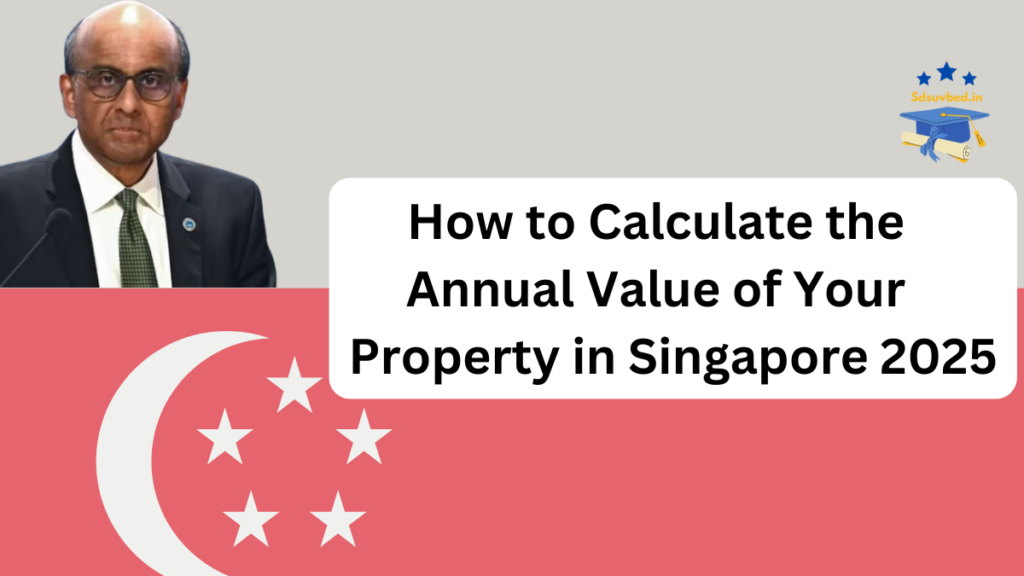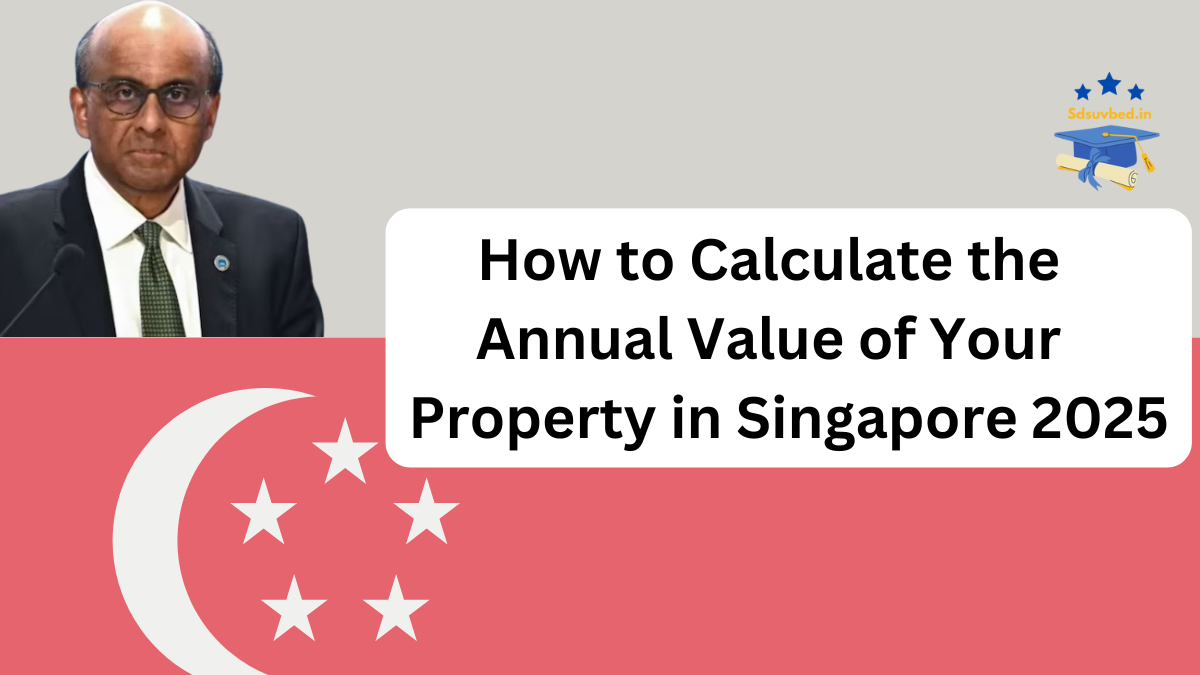Owning property in Singapore comes with responsibilities, one of which is paying property taxes. The amount you pay depends on the Annual Value (AV) of your property. If you’re not yet a homeowner, property taxes will likely be something you’ll deal with in the future.
The good news? Budget 2024 introduced lower property tax bills, benefiting property owners. Let’s break down what AV means, how it affects taxation, and how you can check your property’s AV.

What Is the Annual Value (AV) of a Property?
A common misconception is that property value and Annual Value (AV) are the same. However, they are different. According to IRAS (Inland Revenue Authority of Singapore), the AV is:
“The estimated gross annual rent of the property if it were to be rented out, excluding furniture, furnishings, and maintenance fees.”
Key Points to Remember About AV:
- It is an estimate and not based on actual rental income.
- The government determines AV based on market rental rates.
- Even if you rent your property for less than the market rate, your AV remains aligned with similar properties.
- The AV directly influences the property tax you pay.
Also Read: Over 7,000 Indian Students Overstayed in the US – What’s Next?
How to Check the Annual Value of Your Property in Singapore
Since IRAS determines the AV, it is the most reliable source to check it. You can do this via the myTax Portal:
Steps to Check Your Property’s AV:
- Log in to myTax Portal using your SingPass.
- Access the Annual Value section.
- View the AV for the current year and the past five years.
If you’re looking for rental trends, you can also check AVs of other properties for a $2.50 fee per search. Alternatively, broad AV statistics are available online for free.
Property Tax Rates in Singapore (2024-2025)
Property tax rates depend on whether a property is owner-occupied or non-owner-occupied.
Owner-Occupied Residential Properties (2025)
| Annual Value (AV) | Property Tax Rate (%) |
|---|---|
| First $12,000 | 0% |
| Next $28,000 | 4% |
| Next $10,000 | 6% |
| Next $25,000 | 10% |
| Next $10,000 | 14% |
| Next $15,000 | 20% |
| Next $40,000 | 26% |
| Above $140,000 | 32% |
Good News: The 2024 Budget revised tax rates in response to rising rental values, ensuring fairer taxation for homeowners.
Non-Owner-Occupied Residential Properties (2024)
| Annual Value (AV) | Property Tax Rate (%) |
| First $30,000 | 12% |
| Next $15,000 | 20% |
| Next $15,000 | 28% |
| Above $60,000 | 36% |
Unlike owner-occupied properties, non-owner-occupied properties have higher tax rates, and there were no changes introduced in the Budget 2025.
Also Read: UK Visa Policy Changes: New Financial Requirements Effective 2025
How to Calculate Non-Owner-Occupied Property Taxes
Calculating tax for non-owner-occupied properties is slightly complex. Even though rental data is available, determining deductions for furniture, furnishings, and maintenance fees can be tricky.
Example Calculation:
- You find that similar properties in your area rent for $3,000/month.
- You estimate $1,000/month as the allowance for furnishings and maintenance.
- You expect your AV to be: $3,000 – $1,000 = $24,000/year.
- IRAS, however, estimates your AV at $30,000/year, meaning they allowed only $500/month in deductions.
If you disagree with the AV assessment, you can:
- File an objection via myTax Portal (the first objection is free).
- If rejected, appeal to the Valuation Review Board (fees apply: $50 for owner-occupied, $200 for non-owner-occupied).
Other Uses of Annual Value (Beyond Taxation)
Apart from determining property taxes, the government uses AV as a financial indicator for various schemes.
Example: GST Voucher Scheme
- Singapore citizens earning up to $34,000 annually and living in a home with an AV of $25,000 or below qualify for GST Vouchers.
Final Thoughts
Knowing your property’s Annual Value (AV) is crucial as it affects your property tax liability and eligibility for certain government schemes. To stay informed:
- Regularly check your property’s AV through myTax Portal.
- Stay updated on Budget announcements for tax rate changes.
- If you find discrepancies, file an objection with IRAS.
With these insights, you can better plan your finances and make informed property-related decisions.
Frequently Asked Questions (FAQs)
- How is the Annual Value (AV) of my property determined?
The AV is assessed by IRAS based on the estimated gross annual rent your property could earn if rented out, excluding furniture, furnishings, and maintenance fees. - Can I dispute my property’s Annual Value (AV)?
Yes, you can file an objection through the myTax Portal. The first objection is free, but if unsuccessful, further appeals to the Valuation Review Board will incur a fee. - How do I check my property’s Annual Value?
You can log in to the myTax Portal using your SingPass to check your property’s AV for the current year and the past five years. - Are there any government incentives based on Annual Value?
Yes, government schemes like the GST Voucher Scheme consider the AV of your property when determining eligibility for financial assistance.
Click here to learn more
Pari is a passionate writer known for captivating stories that blend imagination and reality. Inspired by travel, history, and everyday moments, Pari crafts narratives that resonate deeply with readers.

